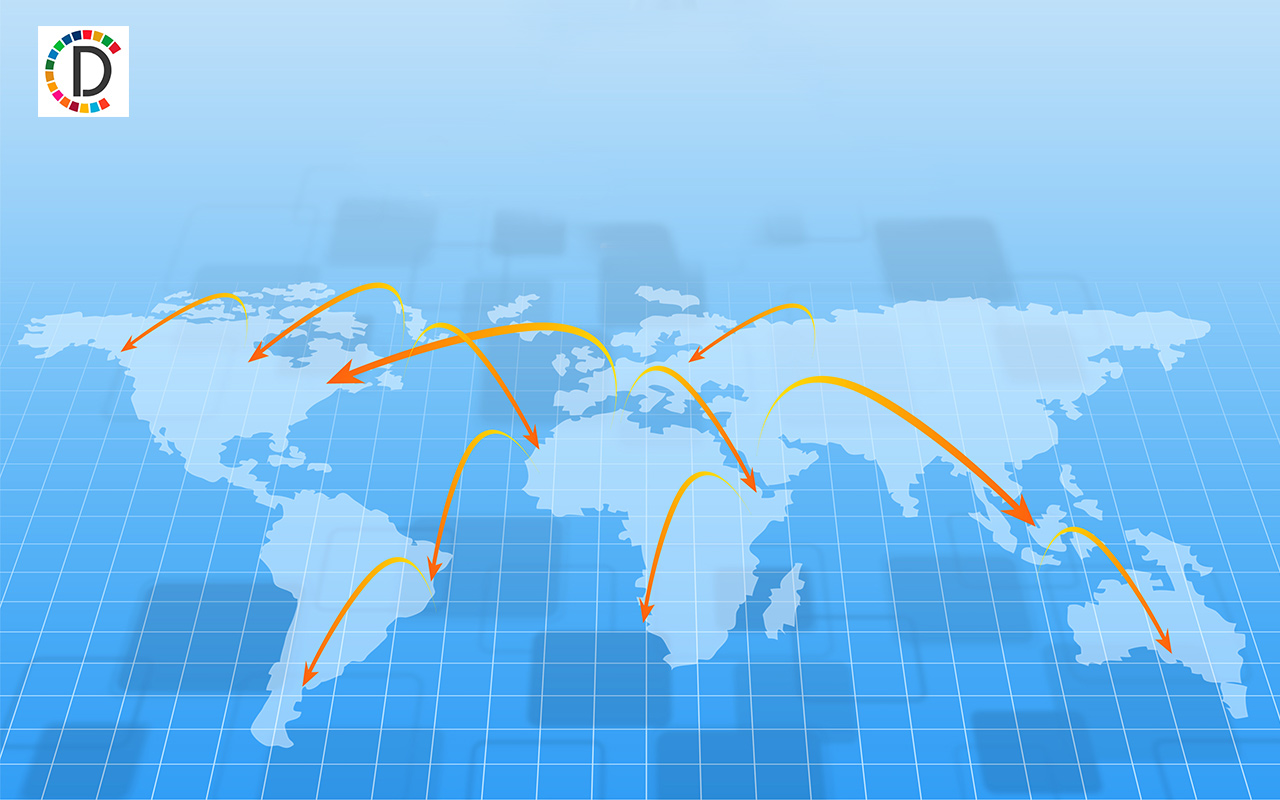UNGA President hails collaboration with India for school project in Palau

President of the UN General Assembly Tijjani Muhammad-Bande has hailed a collaborative effort between his office and India for a school development project in Palau in the western Pacific Ocean as a commendable practical demonstration of partnerships and South-South cooperation. The project initiated under the India-UN Development Partnership Fund will help upgrade the infrastructure of an educational institution in Palau.
The school will host the seventh 'Our Ocean Conference' in August 2020, a global, multi-stakeholder forum on ocean health and wealth. "The collaboration by my office, with India and Palau, through the India UN Development Fund, for the implementation of a school renovation project in Palau will help bring education to hundreds of children in that country," Muhammad-Bande said here.
He said the school project is a "practical demonstration of partnerships, South-South Cooperation and international collaboration, that I will continue to encourage." The President of the 74th Session of the UN General Assembly made the comments while addressing a high-level interactive segment of the International Day of Education here last week.
Muhammad-Bande, said he strongly believes in the role that partnerships can play in the implementation and attainment of the Sustainable Development Goals. "This is why my office has placed strong emphasis on engendering partnerships across key priority areas. In this regard, I am grateful to member states who are engaging my office, by suggesting among other things concrete proposals to attend to some of the aforementioned issues."
The India-UN Development Partnership Fund is a dedicated facility within the United Nations Fund for South-South Cooperation established in 2017. It is supported and led by the Indian Government, managed by the United Nations Office for South-South cooperation, and implemented in collaboration with the United Nations system.
The Fund supports Southern-owned and led, demand-driven sustainable development projects across the developing world, with a focus on least developed countries and small island developing states. India's Deputy Permanent Representative to the UN Ambassador K. Nagaraj Naidu highlighted that despite significant progress made in increasing access to basic education to every child, more conventional challenges such as lack of funding, lack of physical and pedagogic infrastructure, exclusion due to disability and gender, poverty, hunger and lack of nutrition continue to pose formidable challenges.
He was speaking at the interactive dialogue on 'Aligning Inclusive Quality Education Policies with Sustainable Development Goals'. "It is estimated that 69 million new teachers are required to achieve universal primary and secondary education by 2030. Meanwhile, less than three-quarters of teachers are trained to national standards," he said.
Naidu also noted that there is currently a USD 39 billion gap to providing quality education to all children by 2030. He said that developing countries need to allocate more resources to education, international aid and cooperation in education sector.
Underscoring that the current education system is largely a product of "brick and mortar industrial age," Naidu said there is need for fundamental reforms of the education system to meet the requirement of the digital age. Naidu told the interactive session that India has established the Indian Technical and Economic Cooperation (ITEC) Programme which provides capacity building assistance to 160 partner countries in the spirit of South-South cooperation.
The programme offers around 13,000 scholarships every year to professionals across a wide range of expertise, with special focus on India's immediate neighbourhood and its African partners. India also launched the e-Vidya Bharti (Tele-education) project for Africa that enables students to access premier Indian education from their homes.
(This story has not been edited by Devdiscourse staff and is auto-generated from a syndicated feed.)
ALSO READ
2 Japanese navy helicopters crash in the Pacific Ocean during training, leaving 1 dead and 7 missing
US Ambassador to the United Nations pays respects to victims during visit to Nagasaki A-bomb museum
Transform landmark Indigenous rights declaration into reality: UN General Assembly President
2 Japanese navy helicopters crash in the Pacific Ocean during training, leaving 1 dead and 7 missing
2 Japanese navy helicopters crash in the Pacific Ocean during training, leaving 1 dead and 7 missing










